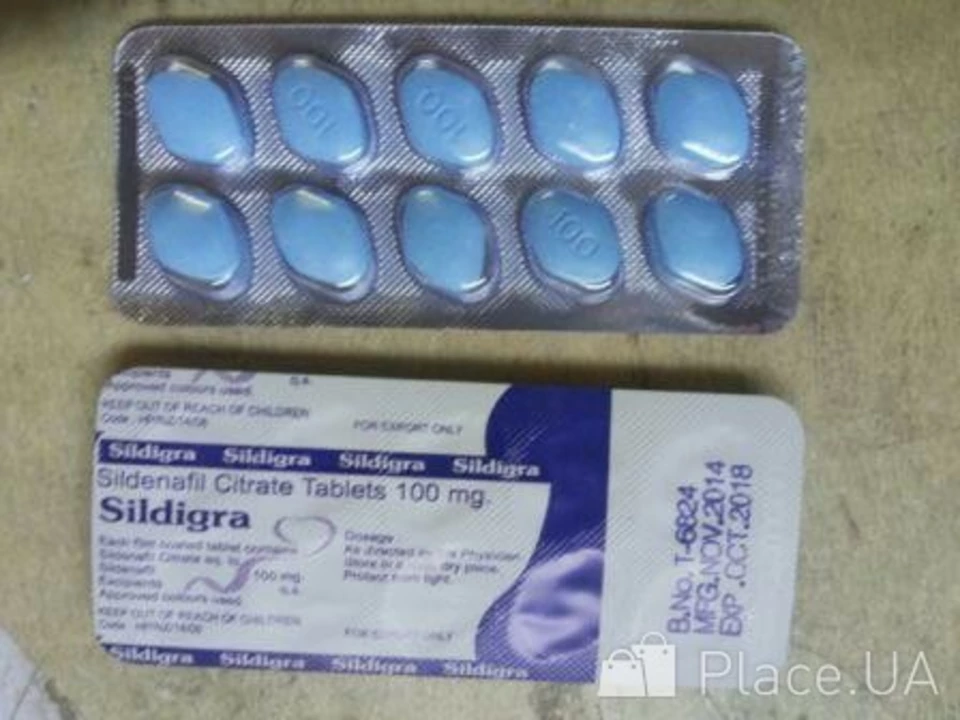Sildenafil Citrate: What It Is, How It Works, and Safe Usage
If you’ve ever searched for a solution to erectile dysfunction or heard the term "Viagra" tossed around, you’ve probably come across sildenafil citrate. It’s the active ingredient behind many popular ED pills, but it also has medical uses beyond the bedroom. Below we break down the basics, how to take it right, what side effects to watch for, and where to get it safely.
How Sildenafil Citrate Works
Sildenafil citrate belongs to a drug class called PDE5 inhibitors. In simple terms, it blocks an enzyme (phosphodiesterase‑5) that restricts blood flow to the penis. When the enzyme is blocked, nitric oxide can do its job—relaxing blood vessels and letting more blood rush in during sexual arousal. The result is a firmer erection that lasts longer.
Because it improves blood flow, doctors also prescribe sildenafil for pulmonary arterial hypertension (high blood pressure in the lungs). In that case, the dosage is lower and the goal is to ease breathing rather than boost performance.
Dosage & Safety Tips
The most common tablet strengths are 25 mg, 50 mg, and 100 mg. Most men start with 50 mg about an hour before sex, then adjust up or down based on how they feel. If you’re new to the medication, a 25 mg starter dose can help gauge tolerance. Take it on an empty stomach if possible—heavy meals, especially high‑fat foods, can delay the effect.
Sildenafil works best when taken no more than once daily. Taking extra doses won’t make things faster; it just raises the risk of side effects. If you’re using it for pulmonary hypertension, follow your doctor’s exact prescription—those doses are usually much lower and taken regularly.
Common side effects include mild headache, flushing, upset stomach, or a brief vision change (a bluish tint). Most people find these fade after the first few uses. If you experience chest pain, severe dizziness, an erection that lasts longer than four hours, or sudden hearing loss, seek medical help right away.
Never combine sildenafil with nitrate medications (often prescribed for heart conditions) because it can cause a dangerous drop in blood pressure. Also, be cautious if you have severe liver or kidney disease, recent eye surgery, or uncontrolled high blood pressure.
When buying online, look for pharmacies that require a prescription, display a valid pharmacy license, and offer secure payment options. Trusted sites usually provide a pharmacist’s contact info and clear return policies. Avoid any store that sells the drug without asking for a prescription—those are often counterfeit or unsafe.
A quick tip: keep a copy of your doctor's note handy when ordering. It speeds up verification and reduces the chance of delays at customs if you live outside the U.S.
In short, sildenafil citrate is an effective and well‑studied option for erectile dysfunction and certain lung conditions—provided you use it correctly and source it from a reputable pharmacy. Follow dosing guidelines, watch for side effects, and always talk to your doctor if you have underlying health issues. With the right approach, you can get the benefits without unnecessary risks.

